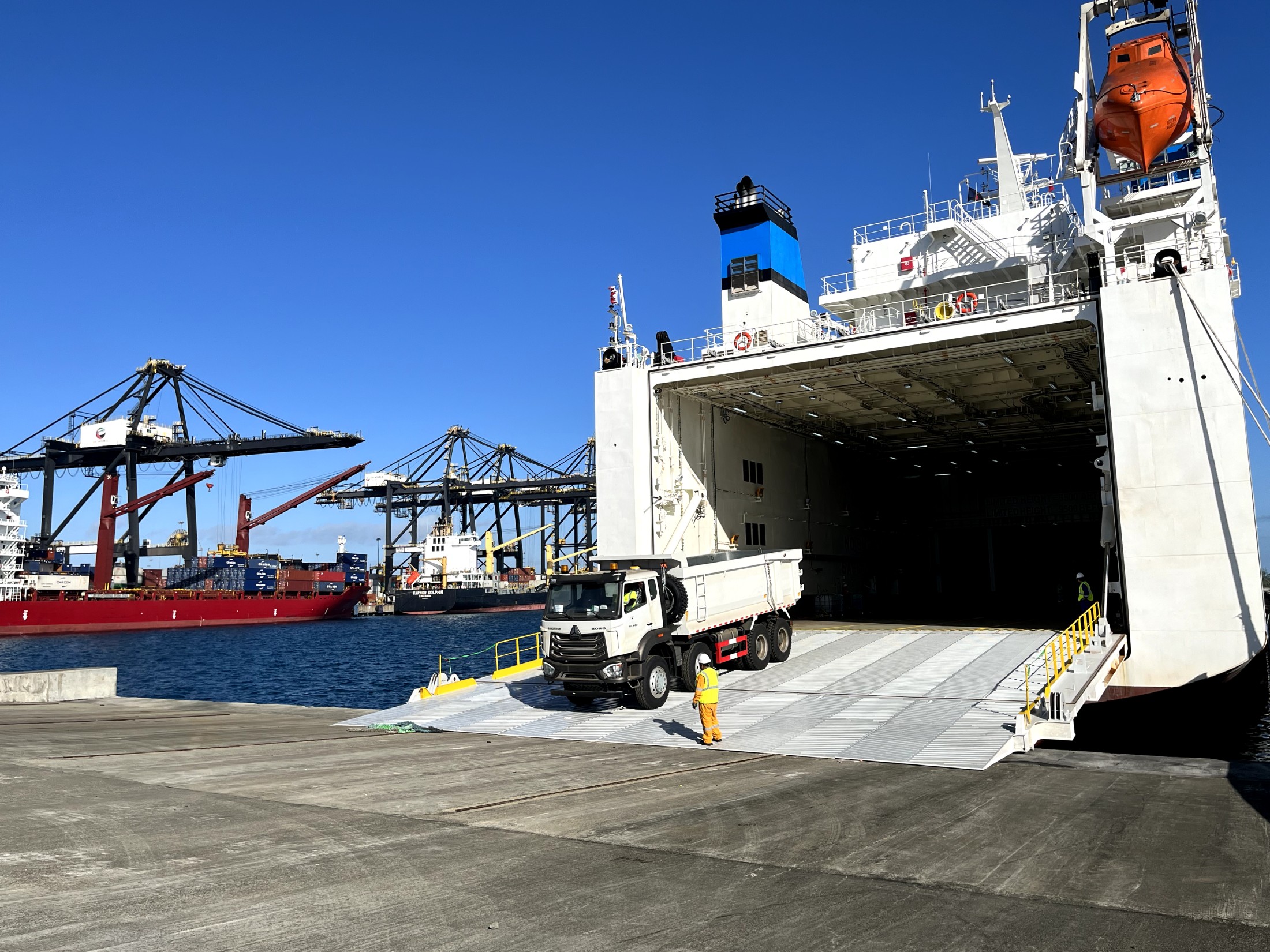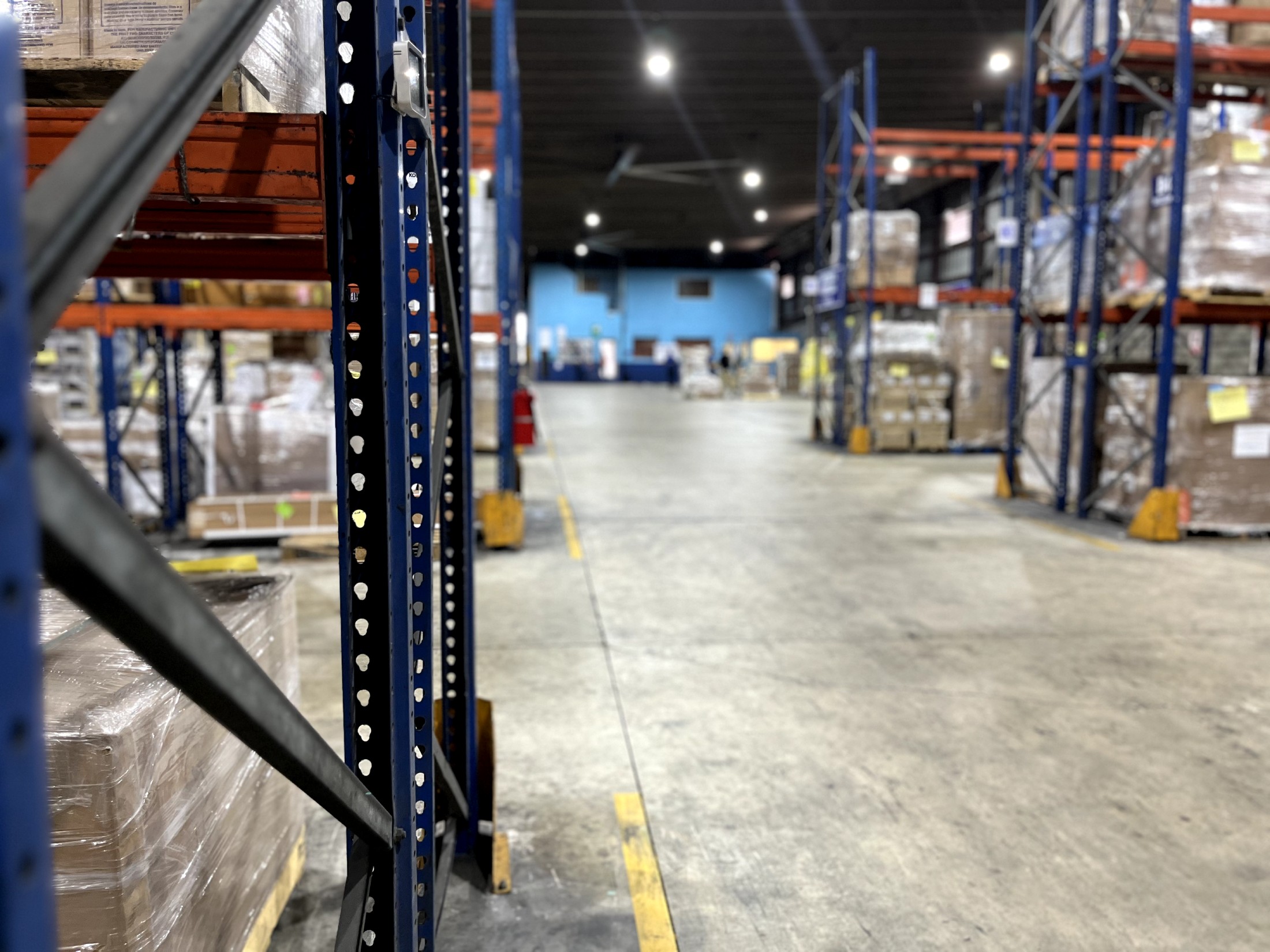The supply chain of any company is a complex web of operations, involving coordination between suppliers, manufacturers, distributors and customers. In this delicate balance, a variety of challenges can arise, from unexpected disruptions to changes in consumer demand. Overcoming these challenges is crucial to maintaining operational efficiency and ensuring business continuity. This article discusses key strategies for overcoming supply chain challenges, promoting your company’s resilience and adaptability.
Risk identification and analysis
The first step in overcoming supply chain challenges is to identify and analyze potential risks. These range from natural disasters and pandemics to labor strikes and regulatory changes. A detailed risk analysis enables companies to anticipate potential disruptions and develop effective contingency plans.
Diversification of suppliers and distribution routes
Relying on a single supplier or distribution route can be risky. Diversification allows companies to minimize the impacts of disruptions, ensuring that they can continue to operate even if one part of their supply chain fails. This may involve sourcing alternative suppliers, exploring new logistics routes or investing in multiple distribution centers.
Investment in technology
Technology plays a key role in effective supply chain management. Enterprise resource planning (ERP) systems, supply chain management (SCM) and advanced data analytics can provide companies with the visibility and flexibility to respond quickly to change. These technology tools can monitor operations in real time, predict trends and optimize processes, improving resilience in the face of challenges.
Collaboration and effective communication
Smooth communication and close collaboration between all actors in the supply chain are essential to overcome challenges. This involves sharing information in a transparent manner, establishing common objectives and working together to find solutions. Collaboration can help identify bottlenecks, improve efficiency and ensure a coordinated response to any adversity.
Agility and adaptability
The ability to adapt quickly to unexpected changes in the market is an invaluable quality for any supply chain. This requires agility in decision making and flexibility in operations. Companies that can quickly change strategy, adjust their processes or reorient their production in response to challenges are better equipped to handle market uncertainties.
Conclusion
Supply chain challenges are inevitable, but with the right strategies, they can be effectively overcome. The key is preparedness, adaptability and collaboration. By taking a proactive and flexible approach, companies can build resilient supply chains that not only survive but thrive in the face of challenges, ensuring continuity and success in the competitive global marketplace.





